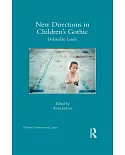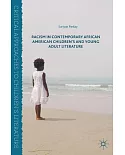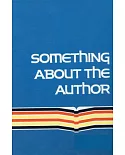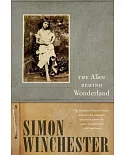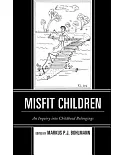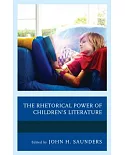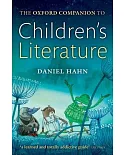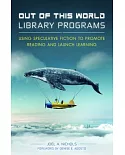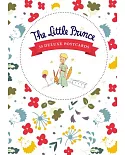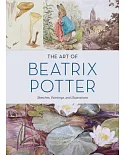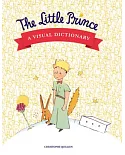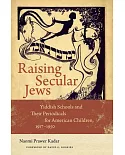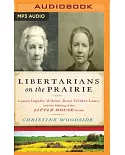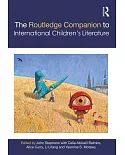Emerging in several different versions during the author’s lifetime, Lewis Carroll’s Alice novels have a publishing history almost as magical and mysterious as the stories themselves. Zoe
Jaques and Eugene Giddens offer a detailed and nuanced account of the initial publication of Alice’s Adventures in Wonderland and Through the Looking-Glass and investigate how their subsequent
transformations through print, illustration, film, song, music videos, and even stamp-cases and biscuit tins affected the reception of these childhood favourites. The authors consider issues
related to the orality of the original tale and its impact on subsequent transmission, the differences between the manuscripts and printed editions, and the politics of writing and publishing
for children in the 1860s. In addition, they take account of Carroll’s own responses to the books’ popularity, including his writing of major adaptations and a significant body of meta-textual
commentary, and his reactions to the staging of Alice in Wonderland. Attentive to the child reader, how changing notions of childhood identity and needs affected shifting narratives of the
story, and the representation of the child’s body by various illustrators, the authors also make a significant contribution to childhood studies.


